Written by: Roshan Dwivedi
While you read this piece of article and want to know the latest update about Net Neutrality, just for your information, 100 million people are binge-watching online videos at this moment, either by subscribing to OTT providers like Netflix, Amazon Prime etc. or live streaming their favorite sports or events on their smartphones. Now, just imagine, tomorrow morning, you launch Netflix on your smartphone to binge-watch “Stranger Things 3” and notice Netflix has risen its price beyond your budget. What you gonna do? Perhaps, you’d like to like rant at them on social media and while doing so on Facebook, another pop up reads, “pay $1 to post your update”. So, now? Scary, right? Well, this can be a harsh reality soon if the vote against the much debated Net Neutrality heats up.
What is Net Neutrality?
Net neutrality is the principle that everyone has the right to communicate freely online, therefore Internet Service Providers (ISPs) should not discriminate data or internet bandwidth based on user, content, site, platform or application. Internet being neutral means carriers do not charge more for higher bandwidth or lower latency. It simply means that ISPs should not change pricing model or throttle bandwidth based on what consumers are accessing online or create fast and slow lanes and service packages that let content and application owners pay more for faster or lower latency networks.
The technical aspects of Net Neutrality you must know
In broadband industry, the interconnection between networks is known as “Peering.” Peering, until now has been done voluntarily by network providers without involving any cost. Ideally, two networks within their infrastructure and network architect agree to permit flow of traffic. These agreements are crucial for the seamless functioning of the internet as a whole. Peering ensures efficient flow of data across the web. Also, the presence of multiple access points and involvement of several providers, the connection between a user and a server seldom points to point.
Internet giants like Google, Netflix, Facebook who generate massive amounts of data often purchase data connections directly to the main ISPs, getting around the internet backbone entirely.
The Supporters and the Opposers: Head to Head
Tim Wu, a Columbia University professor, coined the phrase “net neutrality” in 2003 to describe “The idea is that a maximally useful public information network aspires to treat all content, sites, and platforms equally.”
With net neutrality, even a startup has the same access to consumers that a giant like Amazon Prime has which in turn boosts idea generation, information exchange, innovation and overall business. The supportive bandwagon includes the likes of Google, Amazon, eBay, Twitter, and Microsoft. The list also includes the fathers of internet Vint Cerf, and Tim Berners-Lee who have penned a letter requesting that the Federal Communications Commission (FCC) cancel an upcoming vote to repeal existing net neutrality rules.
The main remonstrance to net neutrality regulation is the discussion around the potential impact on ISPs business or more precisely network investments. Let us have a look at the various type of ISPs.
Access Providers
These are the ones who connect you, your home and your business to the World Wide Web through landline connections, telephone modems, cable, Ethernet, and Wifi.
Mailbox Providers
Mailbox providers are organizations with the infrastructure to support email accounts, send, receive and store email. The popular ones are pretty well-known such as Gmail, Yahoo!, Bing, Outlook etc.
Hosting ISP
These providers include companies like GoDaddy who host websites and e-mail and also the ones who are engaged in cloud storage/computing, SaaS or PaaS computing such as Oracle, Amazon, Google etc. These companies are certainly in favor of net neutrality as it suits their form of industry which is cloud computing.
Transit ISP
The transit ISP provides service to your provider. The network of ISPs and Transit ISPs is pretty complex in nature and they oppose net neutrality as their network spans across not just cities but nations and having control of the internet make them powerful.
Virtual ISP
A virtual ISP buys connection bandwidth from another ISP and market as its own. They are also the ones who may object to net neutrality as a net free and clear of regulation suits their form of business.
Wireless ISP
They provide access through a wireless network. The network can be set up in a variety of ways such as by using a dedicated radio frequency or by including wireless mesh networking. For them its the nature of the content and services that decides in which side they are.
The ISPs argue that without a significant return on investment, they are less likely to continue to invest in the development of their networks. According to them, Google, Facebook, Amazon etc. are users who fall under the heavy bandwidth user category who owe profit from infrastructure investments they don’t contribute to. The ones who are against net neutrality are no small names either. The list boasts industry giants such as Verizon, Comcast, AT&T, Cisco, Ericsson, and Panasonic etc.
What is OTT industry’s take?
Technically saying, Netflix, Amazon, Facebook have grown so big that net neutrality is a non-issue for them. These companies are even aware that their loyal audience will protect them from any unfavorable deals that ISPs might devise. While Google, Amazon are quite vocal about their protest and are in favor of net neutrality, there are companies who have held a mysterious silence about the topic.
The advertising industry is perhaps the one who will be hit hard if net neutrality is withdrawn. If put into effect, the string of targetable audiences who are scattered across smaller websites could decrease. Brands those have any form of content, from e-commerce sites to brand microsites, everyone will have to pay to telecom companies to fasten access to the respective content they take for granted today. The persisting issues in the video-on-demand industry such as buffering, high latency, poor video quality will intensify leading to an industrial threat. Also, ISPs will become formidable having the power to block, prioritize and slow down one website or service over another.
[ Build the best quality live streaming platform on Muvi. Broadcast in the highest resolution to the audience across the world. Sign Up for 14-Day FREE trial. ]
Final Word
Noted streaming and online video connoisseur Dan Rayburn, who is also among the keynote speaker in the upcoming NAB Show 2018, Las Vegas, terms net neutrality as an idea rather than a plan and says “Politicians and policy lawyers want to use net neutrality for their own agenda, without any transparency. Content owners like Netflix and the ISPs are also guilty as they have released very limited data to the public, that can’t really be reviewed without a lot of supporting documentation, which we don’t have, and is needed so we can see the bigger picture. Any company can slice off a portion of their overall data and make it look positive for their agenda, which is what’s been done.”
In the arcane world of internet infrastructure and investment, it’s difficult to delve into those tiny details because all deals happen behind closed doors. People can never know the network data shared on quality and costs as companies never make that information public. Also, people often bring emotions and political view to the table and the original topic of discussion loses its steam and go haywire. But again companies inherently find ways to work together and the issue called “Net Neutrality” may get resolved soon. But the Whens, the Hows and the Whys cropping up in netizen’s mind, we are doubtful will anytime soon be answered. But again, as long as you have access to Facebook, a handful of series to watch on Netflix and favorite numbers lined up on Spotify for free, technical details hardly matter, right?
[ Muvi is a proud participant at NAB Show this year. Schedule a Meeting with the World’s Fastest Deployable OTT Platform Now. ]


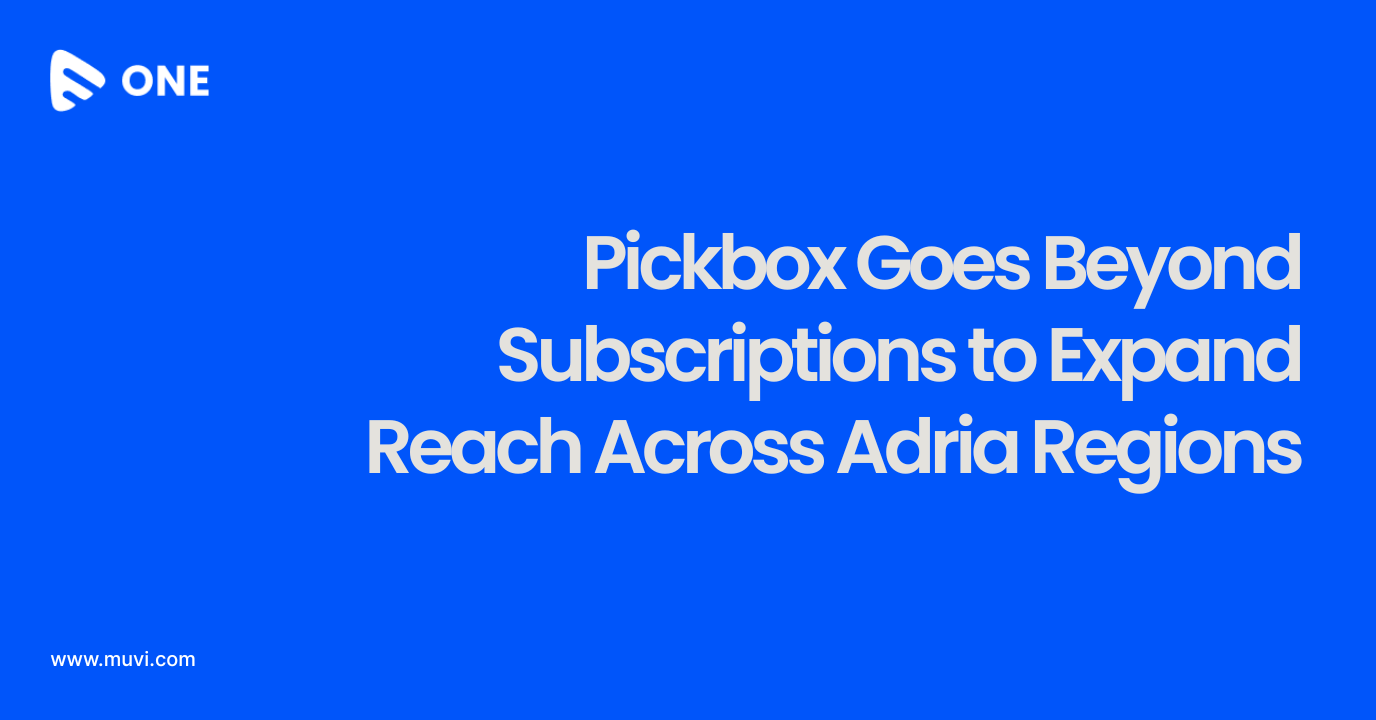
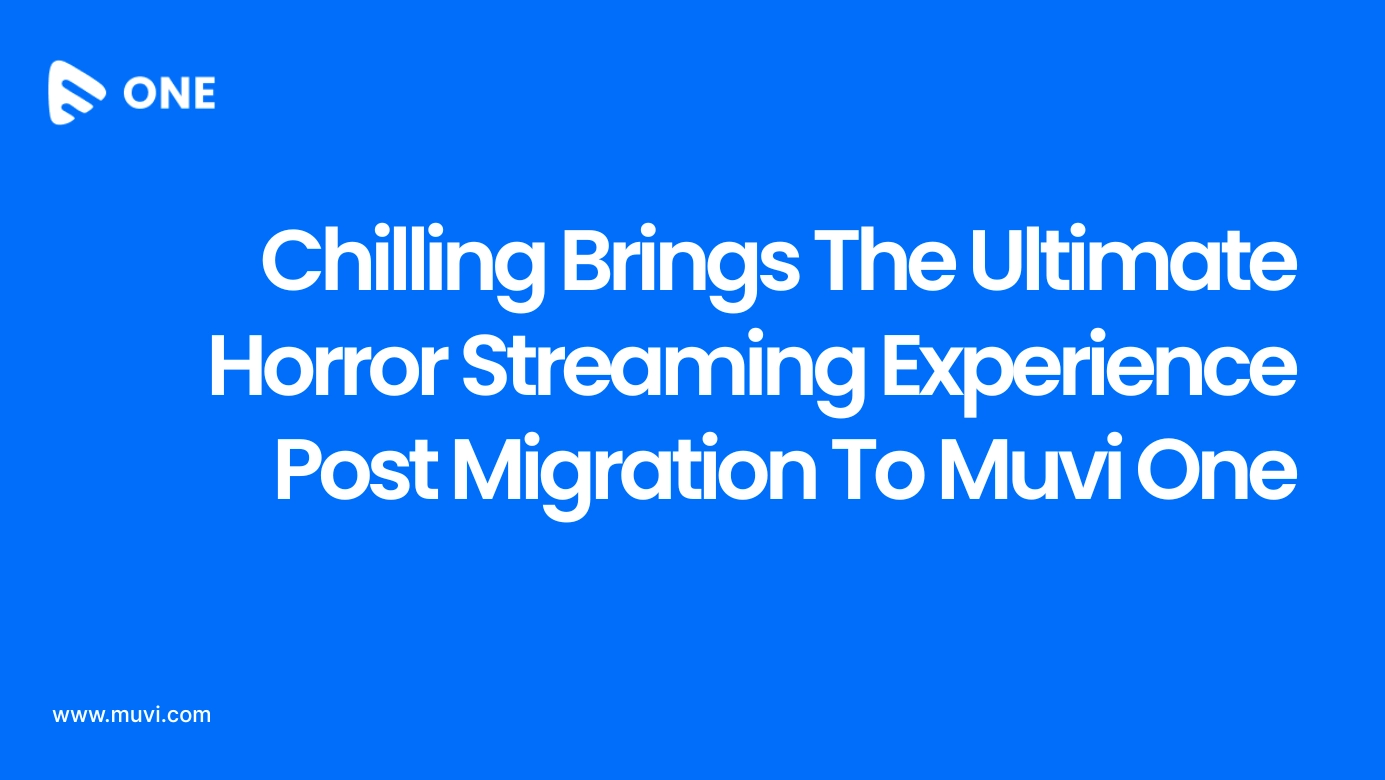





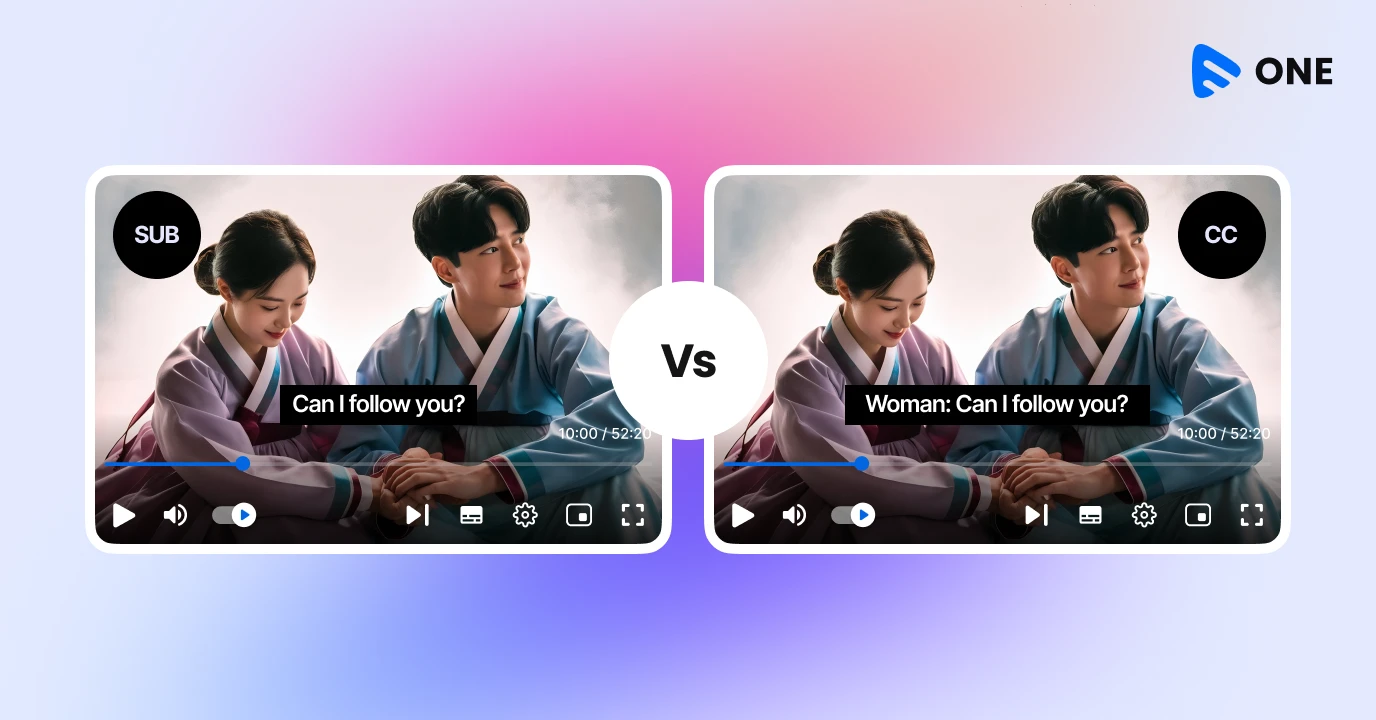
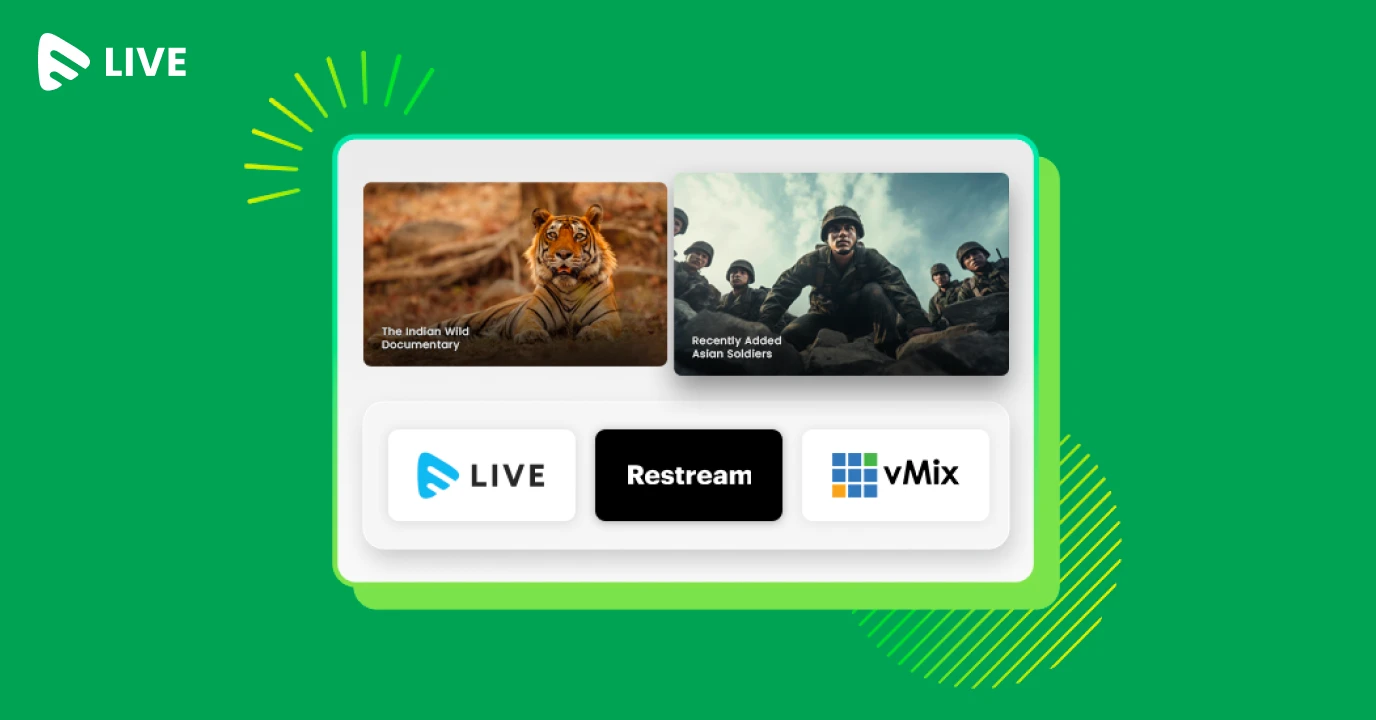
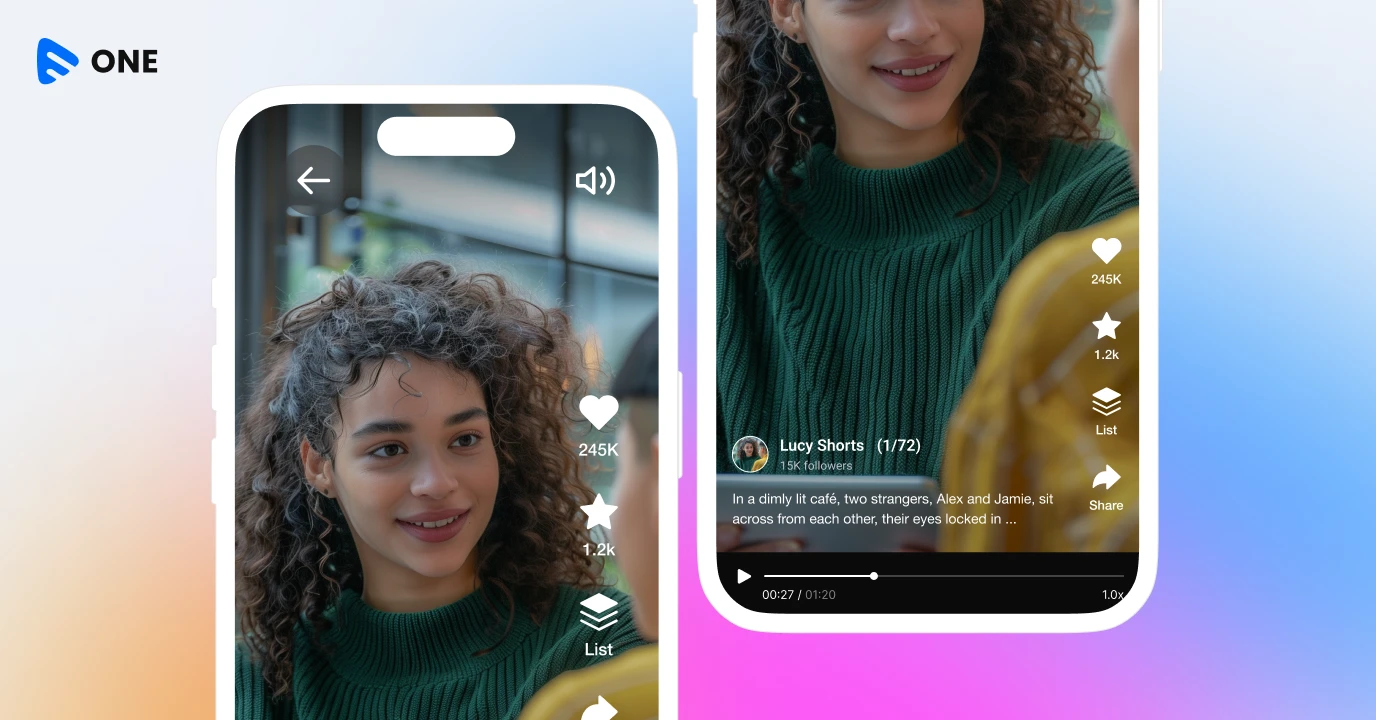

Add your comment